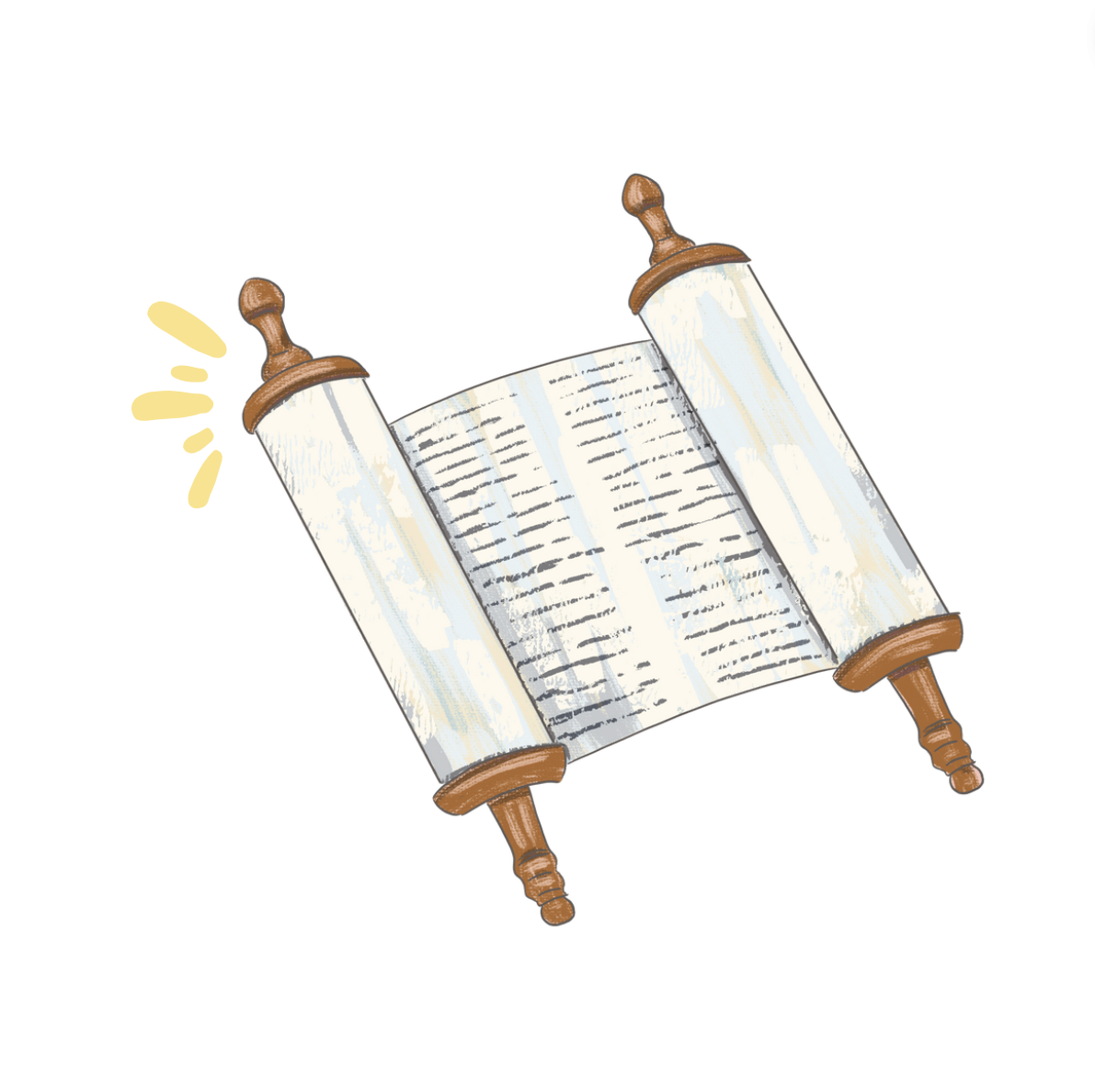When people think about Bat, Bar, or B’nai (the plural and gender-neutral term) Mitzvah, they usually think of an event: A service—where the thirteen-year-old reads from the Torah, leads the community in prayer, and gives a speech—and perhaps the celebration afterwards.
But this is a misconception. B’nai mitzvah is not something a person has; rather, it is something a person becomes.
In the traditional understanding, when someone becomes a B’nai Mitzvah, it means that they have reached a level of maturity that requires them to observe all aspects of Jewish law. The Talmud identifies this age of maturity as twelve years and one day for girls, and thirteen years and one day for boys (Talmud, Yoma 82a). In more liberal communities, thirteen has become the standard age of B’nai Mitzvah for all children.
Until modernity, the mindset was this: When a child is young, the parents are responsible for, and bear the consequences of, their behavior. For example, if a kid ate non-kosher food, the parents were blamed, and sometimes punished. It wasn’t considered the child’s fault; after all, someone so young couldn’t know any better. But after the child turned thirteen, they were B’nai Mitzvah, mature enough to be obligated in the observance of Jewish law, and were solely responsible for their own choices and actions. So if the newly-minted thirteen-year-old decided to eat a bacon cheeseburger, their parents were no longer to blame.
When their child became B’nai Mitzvah, a huge weight was lifted off of the shoulders of parents. No longer were they to blame for the wayward behavior of their children. The relief was so great that a Midrash instructs parents to say a blessing when their child reaches this milestone: Baruch she’patrani me’onesh shel zeh: Blessed are You, who has freed me from the responsibility of this child (Genesis Rabbah, 63:10).
Today, our mindset is different. First, our understanding of childhood is very different from that of the Middle Ages. Children, even very young children, are not just extensions of their parents. They are unique selves who, at each stage of development, learn to take care of themselves and others, participate in community, and make positive choices. And of course, we also know that a flip doesn’t switch when a child turns thirteen. At this stage in their lives, teens are not yet adults with full decision-making capacities—far from it. At the time of B’nai Mitzvah, true adulthood is a long way off. It would be irresponsible of a parent to turn to their B’nai Mitzvah child and say: “You’re on your own.”
However, I still appreciate this prayer, and I share it with every JCP family on the day of their child’s B’nai Mitzvah. Because even though a thirteen-year-old is nowhere near adulthood, reaching teenagehood is a significant milestone in their life. The ceremony marks the beginning of a period of growth and change, when the young teen can start to make more significant choices on their own, take on more responsibilities and independence, and start to cultivate their mature identities. At this moment, both parents and teens mark the opening of this next chapter in their lives and in their relationship with each other.
All aspects of the ritual—the prayers, the speech, the Torah chanting, the gathering of loved ones to celebrate—allow a community to honor all that this child has accomplished in the first thirteen years of their life, and to anticipate all that lies ahead.

